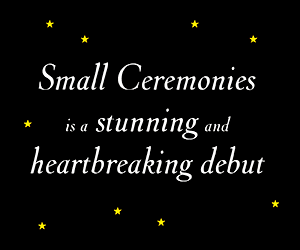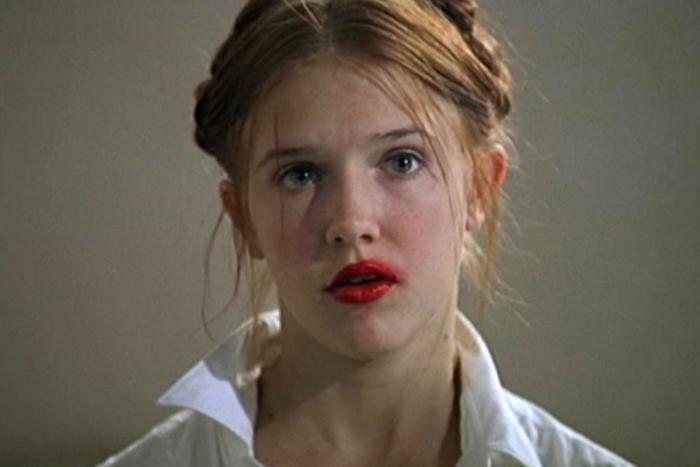Here’s a scenario: imagine you’re given a pie and told to share it with a stranger. The knife is in your hands, you can divvy it up any way you choose, but with one caveat: if the stranger doesn’t agree to the split, the pie will be taken away and you’ll both be left with nothing. What’s your offer? How equal a share do you propose? And, if you’re the stranger, how do you respond if someone offers you, say, a quarter of the pie? What about a single measly slice?
The pie quandary is the essence of something called the “ultimatum game,” a common tool in economics experiments. In a perfectly rational world in which each player is out to get the biggest reward, the best move for the responder is to accept any offer. Assuming she will play this way, the way for the knife-wielder to take home the biggest slice is to make the smallest offer possible. Even a sliver of pie, the thinking goes, is better than no pie at all.
Studies have long found, however, that this is not how people actually play. The person in charge of the split often offers far more than necessary. And responders frequently reject offers, even though it means leaving empty-handed.
What accounts for this? Why don’t we rationally try to maximize our earnings? Researchers have had fun delving into this question, conducting various experiments to try to disentangle our desires and suss out precisely what our motivations might be in different bargaining scenarios. If we’re not after the biggest slice of the pie, what are we after?
The fundamental impulse at play in the ultimatum game is our sense of fairness. It’s a feeling that’s at once strongly held and entirely ephemeral. Of course, there is no universal agreement on what is fair. What feels like justice in China can seem like barbarism in Italy, and you only need to read Leviticus—with its strange distaste for beard trimming—to understand that ideas about fairness change with time. Studies using the ultimatum game support this idea. The average size of proposals and the frequency of rejection both differ widely from place to place.
If fairness isn’t universal, the assumption has always been that it is a cultural norm, passed down from older generations and enforced within a society. A 2013 study by Shakti Lamba and Ruth Mace, however, questions this assumption.
The researchers, anthropologists at University College London, visited a group of people called the Pahari Korwa in central India and had them play the ultimatum game. The Pahari Korwa are a relatively isolated tribe still dependent on hunting and gathering. They’re a homogenous cultural group, sharing the same language but living within distinct boundaries, with forests or hills separating neighbouring villages.
The researchers visited 21 villages, inviting 340 people to play the game (each person could only play once, as either “proposer” or “responder”). The pie, in this case, was 100 rupees, equivalent to about two days of work in the region.
If fairness is a cultural norm, you’d expect there to be some consistency across a culture; bargainers playing the ultimatum game should act similarly. With the Pahari Korwa, researchers found that responders across each of the villages indeed reacted the same way: they took the money. Whether the offer was five percent of the pot or 80, in all but five cases the responders took what was available. The proposers, however, varied substantially in their suggested splits. The modal offer across all villages was 50 percent, but there was no consistency. Some villages offered around 30 percent, while others, bafflingly, went as high as 70 percent.
The Pahari Korwa were all over the map. There was no single idea of fairness, no cultural conformity. The researchers argue that this could be because fairness isn’ta cultural norm, or at least not one that is shared across an entire ethno-linguistic group. They write that “the variation in cooperative and bargaining behaviour across human populations that is currently ascribed to culturally transmitted fairness norms may, in fact, be driven by individuals’ sensitivity to local environmental conditions.” That is, maybe a sense of fairness isn’t something that exists in something as large as a “culture.” Maybe it’s only shared between neighbours—the people you’ve chosen to live next to, presumably because you’re able to cooperate and share the same sense of what is fair.
The tests with the Pahari Korwa are by no means conclusive. If anything, they provide more questions than answers about the nature of fairness. If our sense of fairness isn’t part of the culture, where does it come from? The question is fascinating—and keeps drawing in researcher after researcher—because it gets at something innately human. It’s in this gap between the cold-hearted, resource-maximizing decision and our actual actions that you find a whole muddle of goopy, hard-to-quantify emotions—empathy, justice, spite, altruism, and the rest of those complicated, irrational feelings that make us such interesting animals.
Studies Show runs every Thursday.






